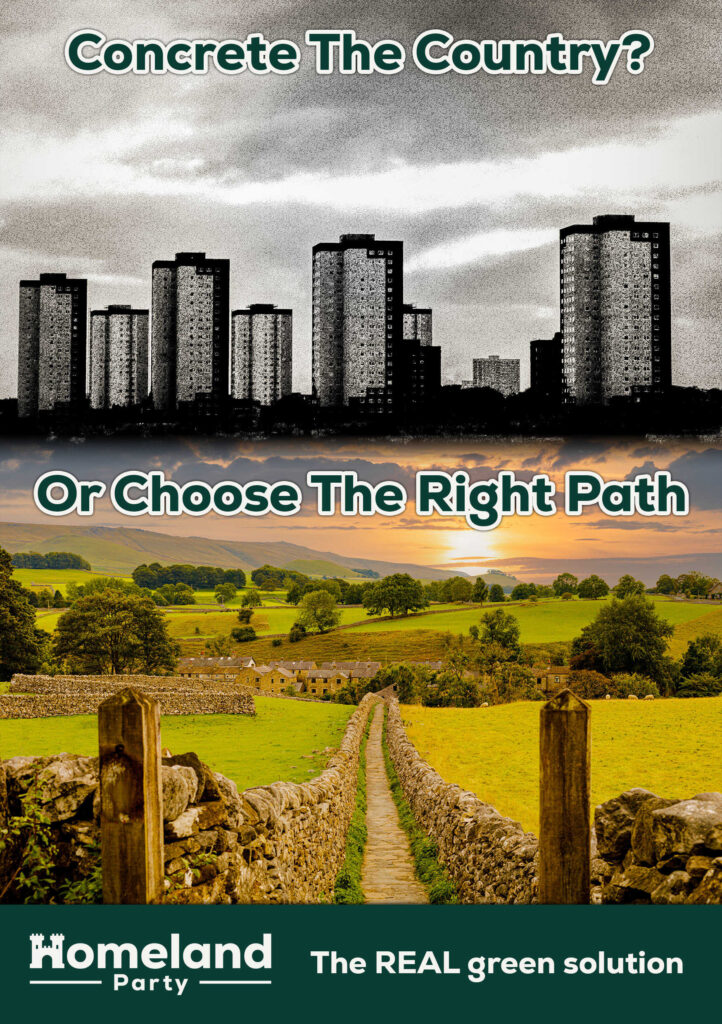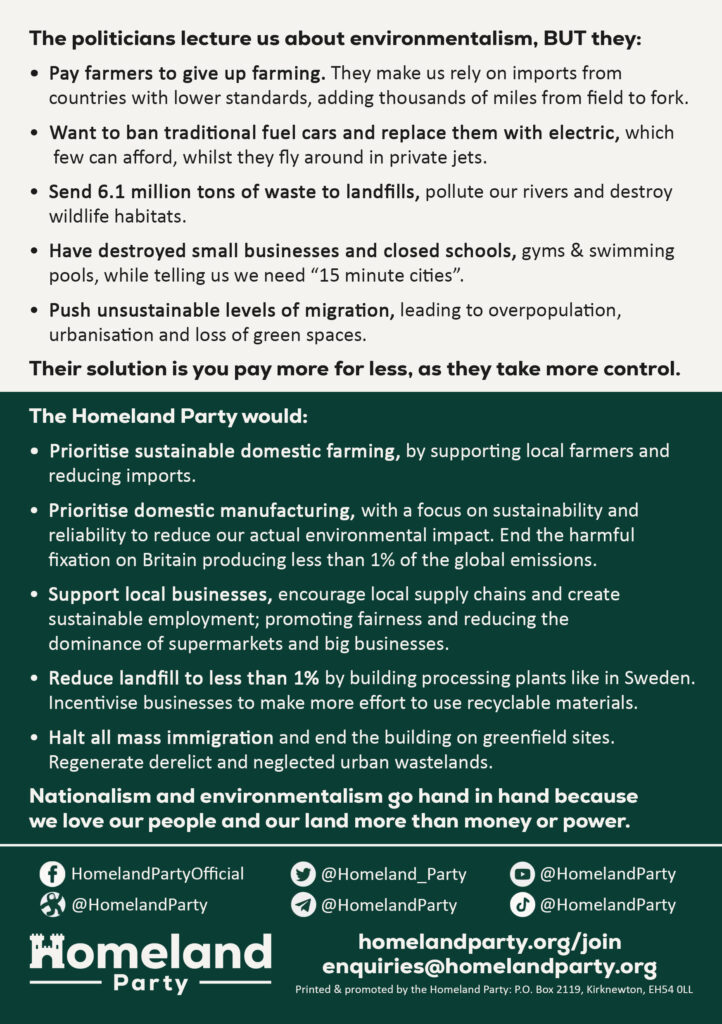Environmental Policy
Our people have an intrinsic bond with our homeland and are its natural stewards. Unlike the mainstream parties, the Homeland Party is committed to collectively safeguarding the people, wildlife, plant life, soil and sea from pollution, invasion and destruction. It is imperative we create a culture that is passionate about restoring and preserving the land for future generations; our policy is the real green solution.
For farmers & food security:
Constantly building over farmland means we must import more food; we stray further from self-sustainability and increasingly rely on imports to feed ourselves, exposing our people to market forces that cause huge rises in the cost of living. Today, the policies of the UK government and others in Europe are effectively anti-farmer and pro-corporate interests.
A Homeland Party government will:
- Prioritise sustainable domestic farming by supporting local farmers and reducing imports while increasing their ability to sell directly to customers locally.
- Not allow foreign interests to buy farmland here as an “investment” to develop it.
- Promote methods of farming which do not leave farmers reliant on a monopoly of industrial products but instead work harmoniously with their land & livestock.
- Make the agricultural sector robust and capable of meeting the demands and needs of our people.

Where the Homeland Party controls councils, we will make sure all food purchased by that council is sourced as locally as possible, in particular for schools. The simple fact is that if you have no farmers, you have no food. It is essential to support farmers.
Preserving the Greenbelt:
Our once green and pleasant land is slowly being concreted over for urban development, destroying good fertile farmland and wildlife habitats. The green belts between our towns and villages are being lost. Where there were once distinct boundaries, in many places, you can no longer tell where one built-up area ends and another begins.
Greenbelts between our cities and towns serve as a vital corridor for wildlife; to satisfy the push for urban development, these have been severely fragmented, leaving behind sparse, isolated wildlife refuges amidst an endless ocean of grey concrete.
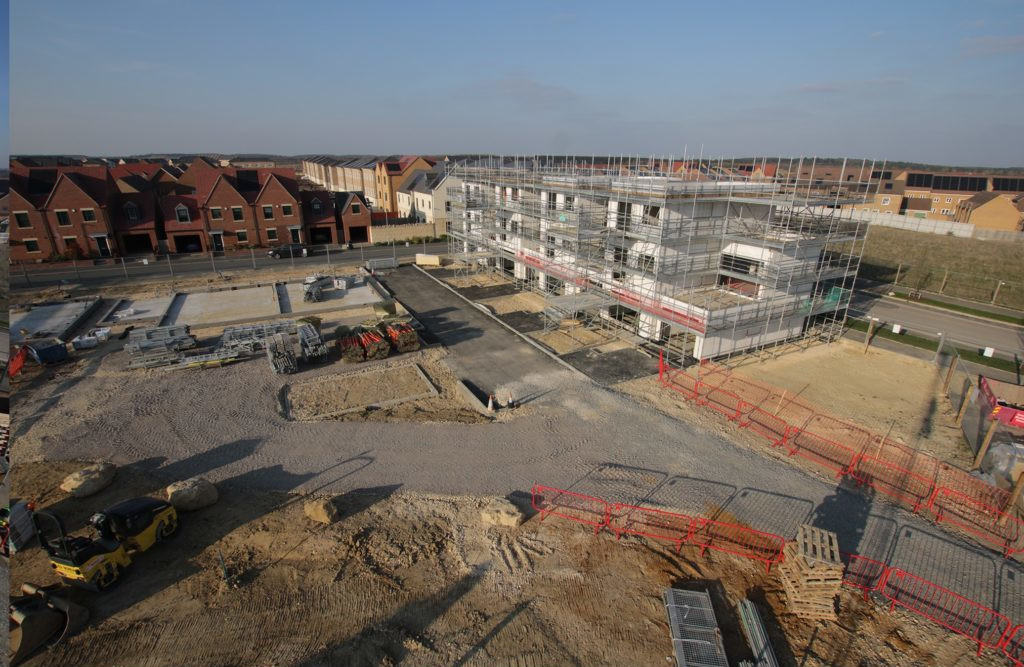
To tackle the issue of environmental destruction, we must recognise the impact of population growth, which necessitates urban development and drives the housing crisis. Mass immigration is a primary factor in population growth, and we vehemently oppose it. You can read more about this in our immigration & remigration policy.
The Homeland Party wishes to preserve the countryside for future generations. We support sensible development to regenerate derelict and neglected brownfield sites and urban wastelands, with a mind to restore the beauty of this country.
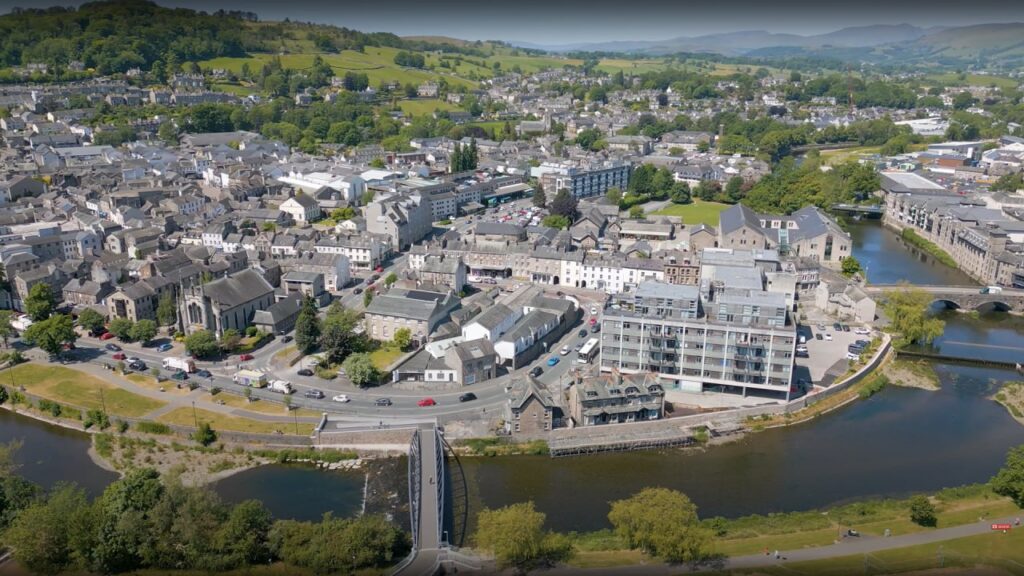
Our councillors oppose all construction on greenbelt and agricultural land as it is not a long-term solution or for the good of the country, and it causes irreparable damage.
For native species and habitat protection:
As our country is an island, our ecosystems have developed in relative isolation and are sensitive to change. The introduction of foreign species, intentional or unintentional, often leads to devastating consequences for the local wildlife and plant life.
Examples of invasive species include but are not limited to the American grey squirrel, American mink, the plant’s rhododendron and Himalayan balsam. While we recognise the importance of all biodiversity, an unwillingness to cull these populations or do anything else to help can lead to the destruction and extinction of native species. It is our duty to preserve, as these invasive species are more aggressive than local flora and fauna.
It is imperative that we take all necessary actions to preserve the indigenous species of our homeland from extinction. Once they are lost, they cannot be regained, and future generations shall never know them.
Our councillors will seek to implement local biodiversity plans that assist native species. A Homeland Party government will introduce programs to tackle invasive species and have them removed, using policies similar to those of other island nations such as New Zealand.

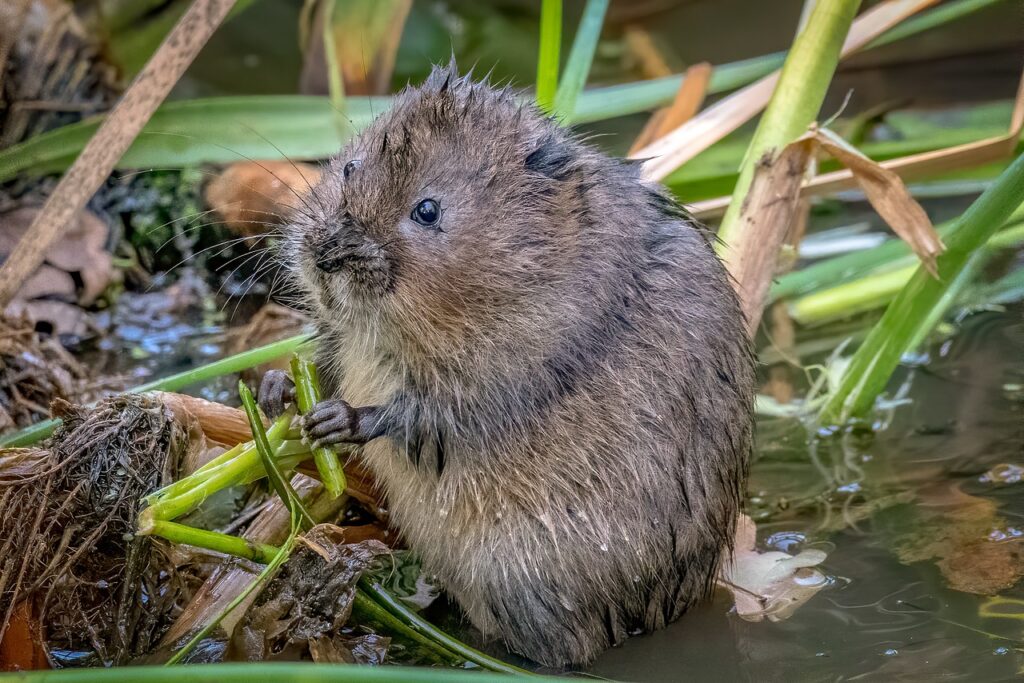
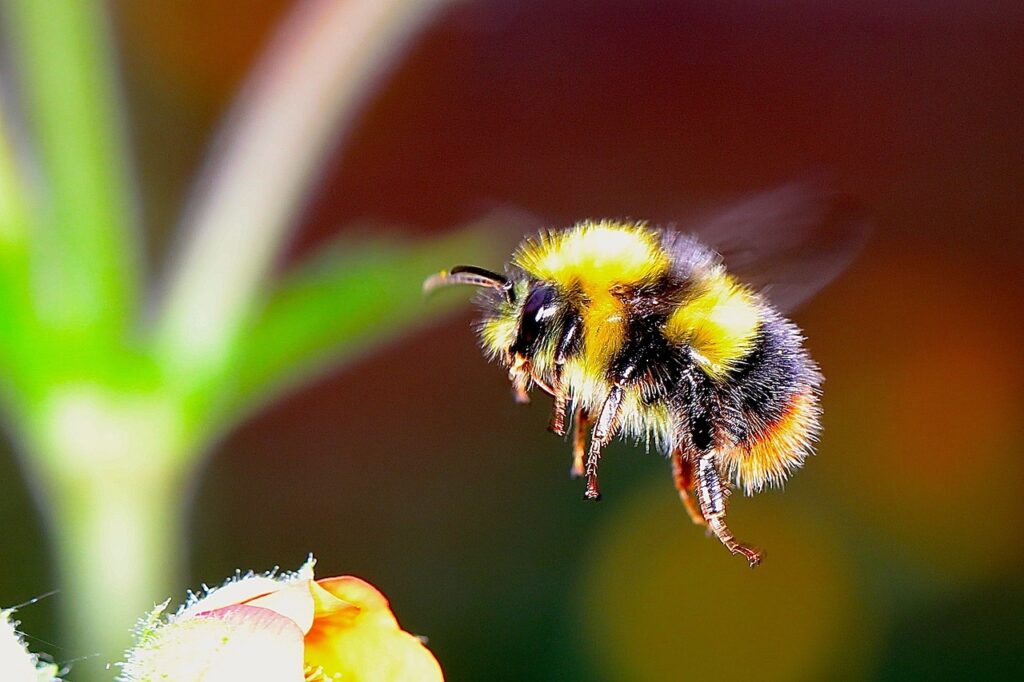
Against green-washing projects:
Our councillors reject purported green initiatives that fail to deliver genuine environmental benefits. These initiatives, often championed by short-sighted political ideologues, enrich big corporate industry at taxpayers’ expense and encroach upon personal freedoms while masquerading as environmentally friendly. Examples include:
1. ULEZ and similar projects: Imposing taxes on commuters does little to reduce air pollution effectively; instead, it burdens the working class unfairly and reduces the freedom to move in your own country.
2. Solar panels over farmland: Covering the land with panels filled with toxic chemicals rather than planting trees or crops exacerbates emissions and costs through the increased need to import food while wrecking our greenbelt.
3. Energy imports: Neglecting domestic oil and gas resources while importing them from other countries increases emissions and costs through transportation – the same kinds of resources get burnt but at a greater cost to all.
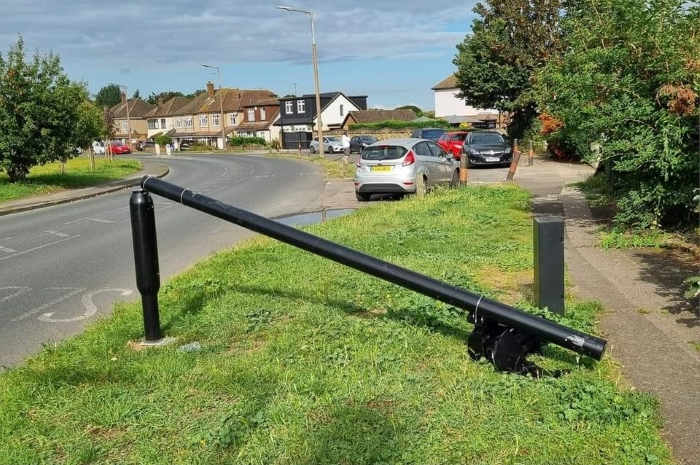
4. Unwanted infrastructure projects like HS2: These projects squander taxpayer funds, benefiting government contractors while destroying homes’ natural habitats and deforesting ancient woodlands. They provide no meaningful improvements for ordinary citizens who won’t be able to afford to use them.
5. Industry closures in the pursuit of net zero: Such closures frequently result in importing identical materials or resources, leading to job losses and increased transportation costs. These closures do not benefit the global environment and leave our citizens worse off economically.
6. Vehicle tax and scrappage schemes: Scrapping old cars increases pollution due to the higher environmental cost of producing new vehicles and destroying old ones, counteracting purported environmental benefits and lining the pockets of industry. This is called dust-to-dust emissions.
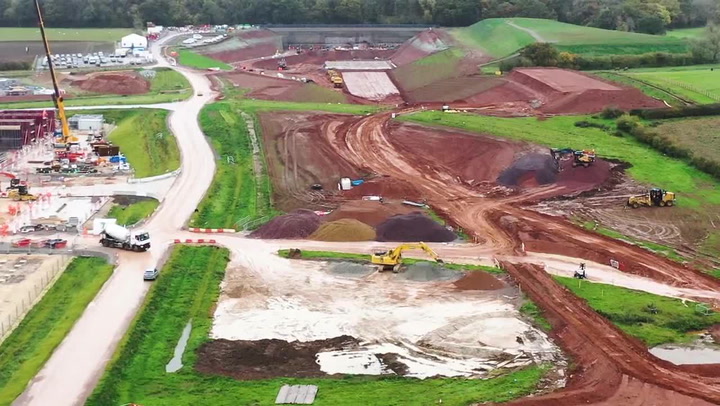
Our councillors oppose all such projects in their local areas, and the Homeland Party shall oppose them nationally. All of these things are sadly normalised because none of the mainstream parties cares about the environment; they only care about big corporate finance and virtue signalling.
Against landfill & pollution:
In 2018, the government sent 50.8 million tonnes of waste to be disposed of in landfills, not including exported waste. Every year, landfills spread toxic substances into the surrounding soil and groundwater, polluting nearby ecosystems. The mainstream green-washing politicians say nothing about this.
A Homeland Party government would reduce landfills to less than 1% by building processing plants like in Sweden and incentivise businesses to make more effort to use recyclable materials. We must remember that we had local goods and supply chains before plastic existed.
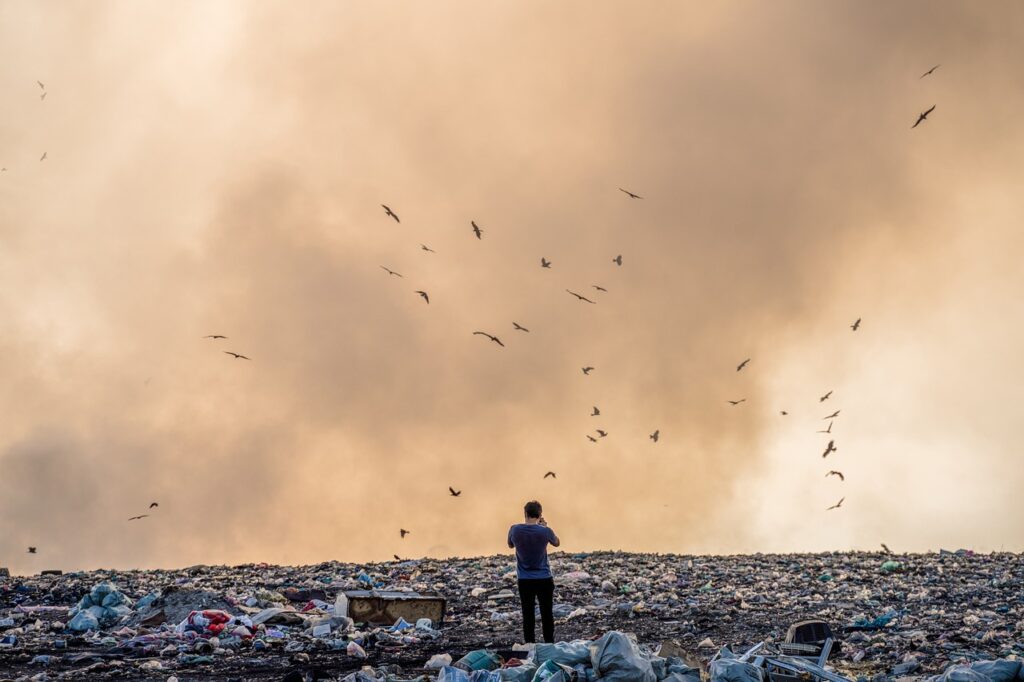
Another significant cause of pollution is the release of untreated sewage into our waterways. When our sewage treatment plants cannot meet the demand of our rapidly increasing population, their only option is to release untreated sewage, causing great harm to our river ecosystems. This is unavoidable until the root cause, overpopulation driven by mass immigration, is dealt with.
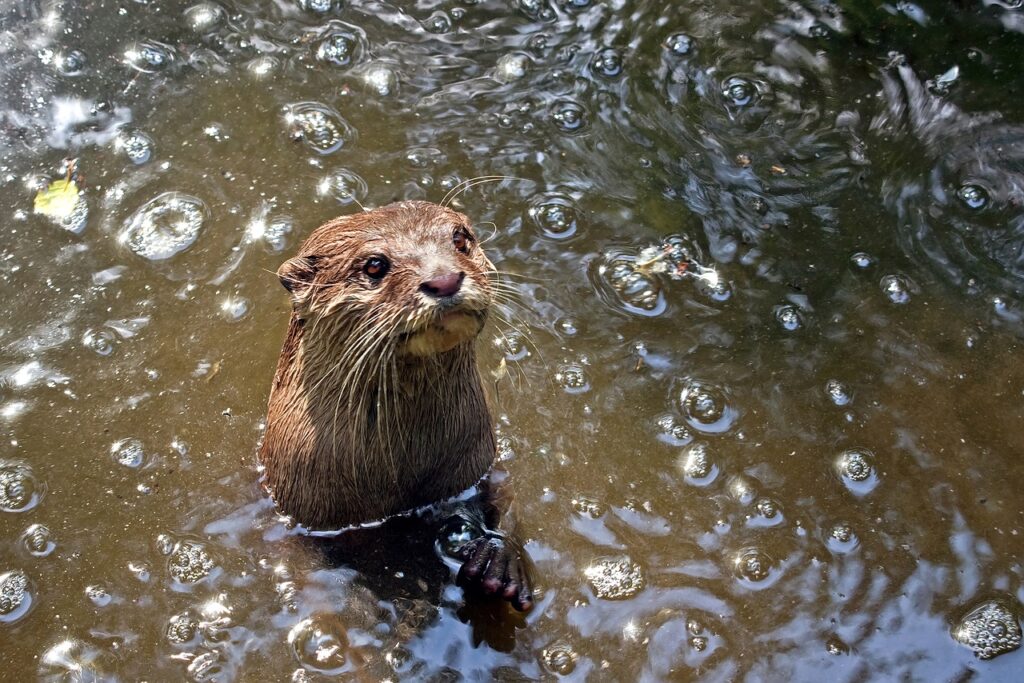
Nationalism and environmentalism go hand in hand because we love our people and our land more than money or power. The best way to look after our land is to be as independent as possible regarding energy, resources, industry and food while preserving natural habitats. Producing goods locally reduces long-term costs compared to importing them, empowering us to uphold quality standards and minimise environmental harm.
